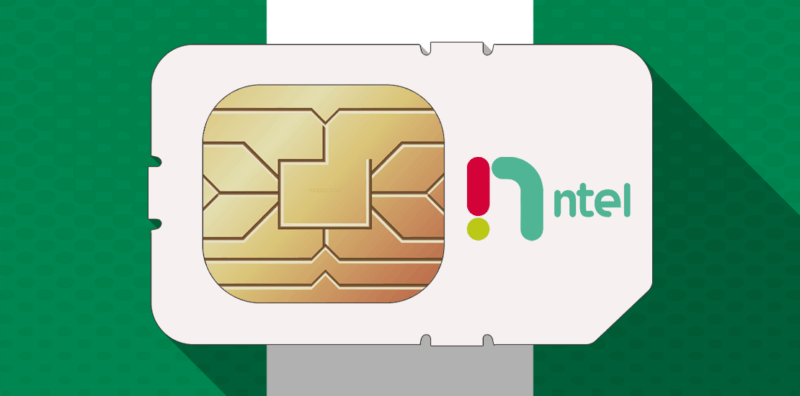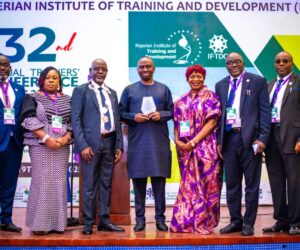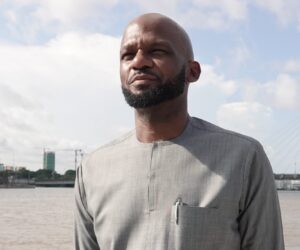1
LAGOS – NatCom Development and Investment Ltd (trading as Ntel), the company that acquired Nigeria’s defunct national carrier NITEL, is preparing a commercial relaunch in January 2026, marking the comeback of one of Nigeria’s telecom giants.
The Chief Executive Officer of ntel, Soji Maurice-Diya, confirmed that the once-dormant Nigerian telecoms brand will officially re-enter the nation’s telecommunications market in the first quarter of 2026, under a renewed strategy that positions it as a “digital-first, infrastructure-light MVNO focused on innovation, inclusion, and sustainability.”
According to a Tech News platform, Technology Times, the disclosure came last week during the latest edition of the Technology Times Thought Leadership Series, a platform that convenes decision-makers shaping Nigeria’s digital transformation to share insights, foresight, and lessons from the frontlines of technology and policy innovation.
Maurice-Diya, who leads NatCom Development & Investment Limited (trading as ntel), said the company’s re-entry marks “the beginning of a new chapter not just for ntel, but for Nigeria’s telecoms industry as a whole.”
He explained that the relaunch will embody a leaner, smarter, and innovation-driven approach that leverages digital platforms, partnerships, and policy opportunities to serve underserved and value-conscious segments of the market.
“We are not returning to be another operator chasing millions of subscribers,” Maurice-Diya said. “We are coming back to serve a new generation of Nigerians who value innovation, efficiency, and authenticity in their digital experience. Our comeback will be defined by focus, speed, and value creation.”
Maurice-Diya also called for more predictable spectrum management policies, flexible infrastructure-sharing frameworks, and incentives for smaller operators and virtual networks to thrive in niche segments without the burden of legacy infrastructure costs.
Nigeria’s broadband penetration continues to expand, but unevenly. While urban centres enjoy multiple layers of connectivity, rural and underserved regions still lag behind. Maurice-Diya identified this as both a challenge and an opportunity for innovation-driven operators like ntel.
“We must power digital inclusion with sustainability, not subsidy,” he asserted. “The rural opportunity is immense—but to unlock it, we need smarter, more localised models of broadband delivery.”
Detailing ntel’s re-entry strategy, Maurice-Diya revealed that the company will operate a mobile virtual network operator (MVNO) model—an “infrastructure-light, innovation-heavy” approach that prioritises digital service delivery, speed to market, and customer experience.








